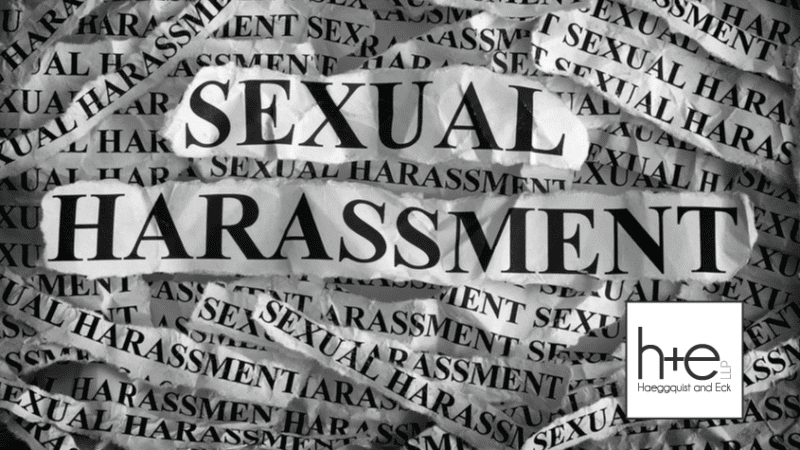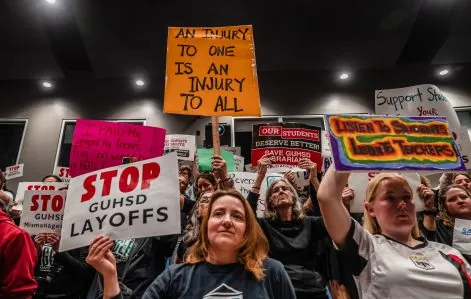For decades, gender equality laws in California moved at a funeral pace. But in 2017, #MeToo lit a fire behind these movements, prompting swift response from State and Federal legislatures. Now, two years later, education about sexual harassment is mandatory, the bars for harassment claims are lowered, and institutions are taking aim against gender hierarchies. In 2019, the law is starting to catch up to the national recognition of equality.
Perhaps the most impactful California legislation to arise from the #MeToo movement is Senate Bill 1300, codified in Government Code Secs. 12964.5 and 12923. Prior to SB 1300, the law suggested a single act of harassment may not be sufficiently “severe” to meet the “severe or pervasive” standard required for a California sexual harassment claim. Thus, a judge could summarily adjudicate (throw out) a case if there was only one act of harassment, especially if that act did not involve sexual touching. Now, SB 1300 clarifies that a single incident of harassing conduct is enough to create a triable issue of fact for a hostile work environment claim if “the harassing conduct has unreasonably interfered with the plaintiff’s work performance or created an intimidating, hostile, or offensive working environment.” SB 1300 also includes a safety net for sexual harassment claims, clarifying that harassment cases “are rarely appropriate for disposition on summary judgment.” In other words, sexual harassment, even just once, should go to a jury to decide.
Prior to SB 1300, California law was unclear whether statements made by non-decision makers, or “stray remarks,” were admissible to show intent in a sexual harassment or discrimination case. Today, Government Code 12923(c) provides that a hostile work environment claim, “… depends on the totality of the circumstances and a discriminatory remark, even if not made directly in the context of an employment decision or uttered by a nondecisionmaker, may be relevant, circumstantial evidence of discrimination.”
In 2006, the California Supreme Court opined in Lyle v. Warner Brothers Television Productions, that writers for the sitcom “Friends” could make sexual comments while writing the sexually-themed comedy show. However, employers used this narrow decision to argue other workplaces should also be allowed to engage in this sexual banter. But SB 1300 shot down the employer’s broad argument and stated the legal standard for sexual harassment “should not vary by workplace.” Instead, the California Legislature narrowed the Lyle holding by limiting the “nature of the workplace” defense to whether that type of sexual commentary is “integral to the performance of job duties.”
What does this mean for the harassment victim? The California Legislature has effectively removed many obstacles in a sexual harassment victim’s trek to a jury trial. These cases are extremely factual and rely heavily on witness credibility, and it should ultimately be up to the trier of fact to weigh this evidence.
If you believe you have been sexually harassed at work, you may have a case against your employer. For more information about your rights, and a free case evaluation, please contact us online or call us at (619) 342-8000
[Govt. Code 12923(b).
Lyle v. Warner Brothers Television Productions, 38 Cal. 4th 264, 286-294 (2006).





